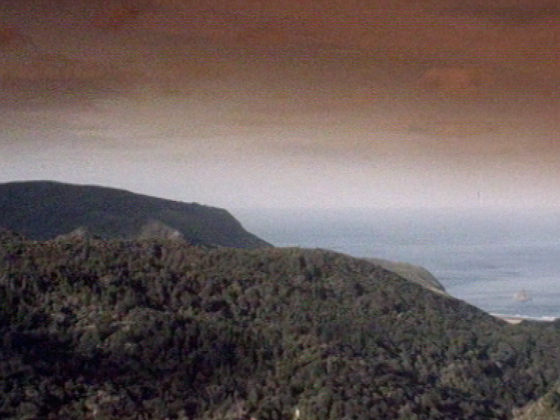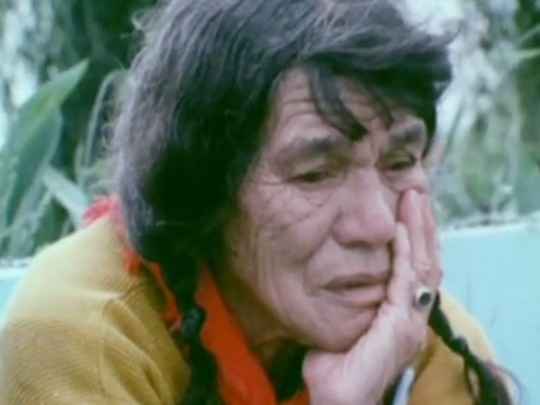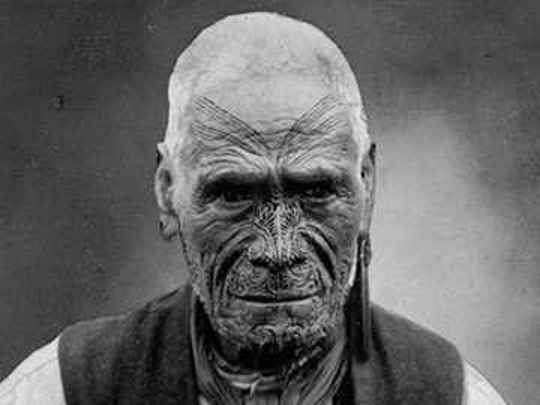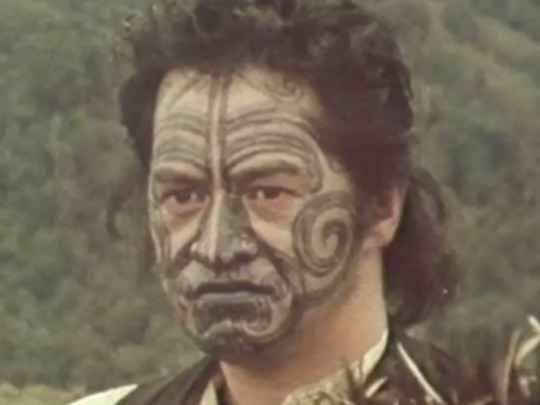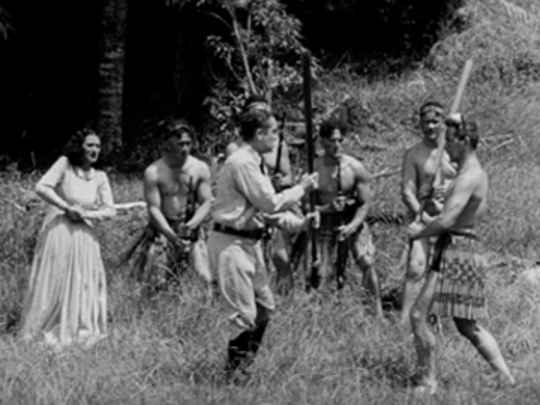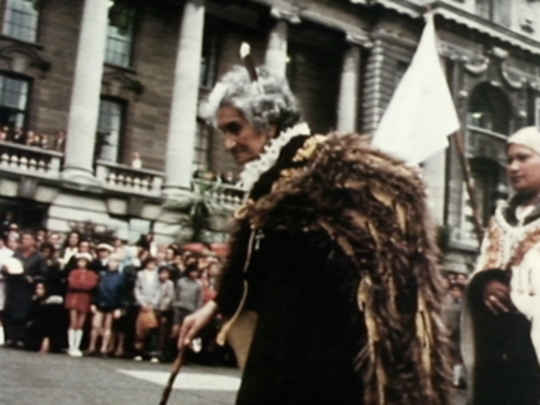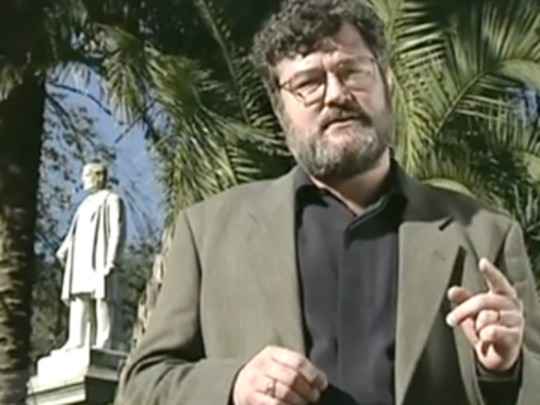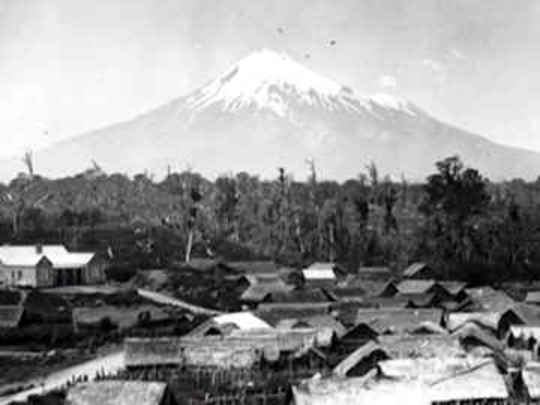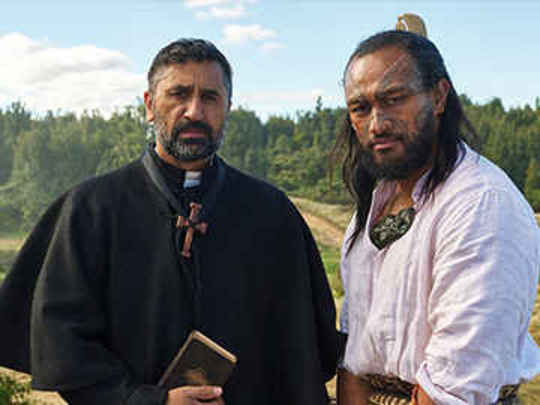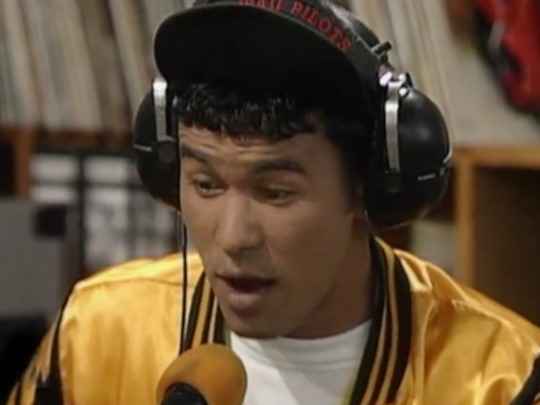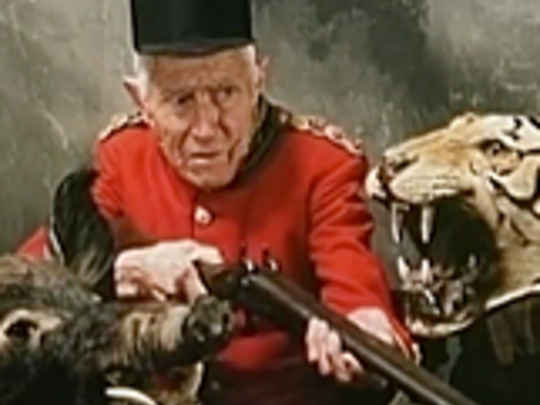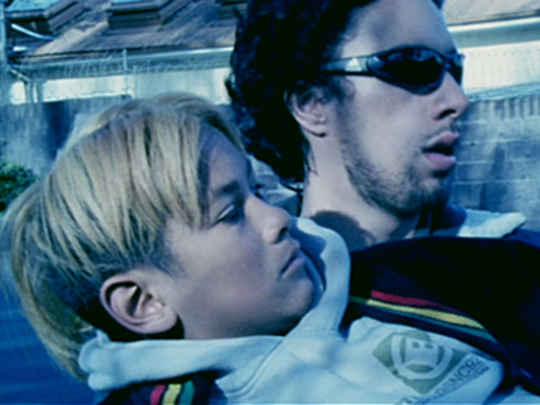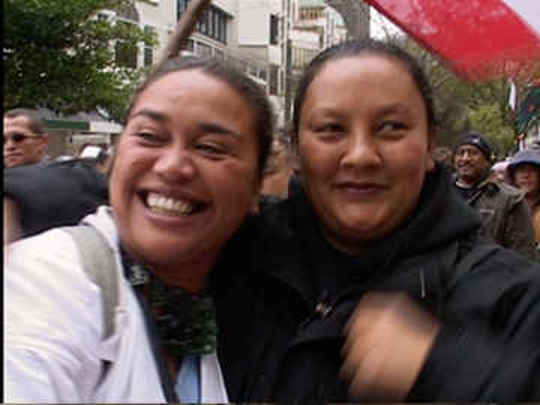I will use whatever English I know to defend my people because these are the bills which have robbed them of their land.
– Māori politician Sydney Taiwhanga, quoted by reporter Tainui Stephens in part two
Although the idea for the documentary involved more work than was normally possible for such a fast turnaround programme as Koha, Ernie Leonard gave myself and new researcher and presenter Tainui Stephens permission to make it. When I asked other team members for a suggestion for the programme title, several immediately said 'raupatu' — the loss of the land. Being Pākehā, I'd never heard of the term. It was an excellent example of how non-Māori could be so totally ignorant of unresolved matters that were still causing great pain and bitterness to Māori.
– Writer/director Brent Leslie
Grey also issued another proclamation threatening the Waikato with the confiscation of their land if they did not allow the troops to enter. In fact, those proclamations were issued a couple of days later than the invasion began so the Māoris had no opportunity to surrender, to accept the allegiance to the Queen.
– Professor Keith Sorenson on Governor George Grey duping Waikato Māori in part one
In July 1864 the London Times stated of the War that it was, “Just to clear some poor fellows off their own native land and obtain the title clear of encumbrance for the speculators of Auckland.”
– Reporter Tainui Stephens on the international response to NZ Land Wars in part one
Why, 140 years since the Treaty of Waitangi, are the Māori so sensitive about issues concerning land? And how during those years did their holdings of some 66 million acres fall to less than three million of what is now largely marginal land?
– Reporter Tainui Stephens in part one
Those Māori fortunate enough to have their lands returned often found their stock gone, their farms looted and their houses burned. They had no means of raising credit for seeds or equipment — as often no choice but to part with the home of their tūpuna.
– Reporter Tainui Stephens in part two
Because a number of businessmen, land speculators and others who stood to gain so much from acquiring Māori land also had seats in Parliament, it wasn't too hard to make sure that each action they took was legal. If the action wouldn't fit the law, they'd make a law to fit the action.
– Reporter Tainui Stephens in part two
... thousands of Māori had little choice but to flood to the cities in search of work. With that meant the shattering of their culture and the loss of their identity as they found themselves in a Pākehā world.
– Reporter Tainui Stephens on Māori moving to urban areas after WWII in part two
TVNZ programmers had just changed the Koha screening time to an approved spot on early Sunday evening, but cut the previous 30 minute length to 15 minutes. That meant Raupatu had to be made and screened in two parts.
– Writer/director Brent Leslie
...those tribes who decided to owe allegiance to him [Māori King Pōtatau Te Wherowhero], agreed to place their land under the mana of the King. In other words, it allowed the King to exercise on behalf of all the supporting tribes a veto on the sale of land.
– Professor Keith Sorenson in part one
